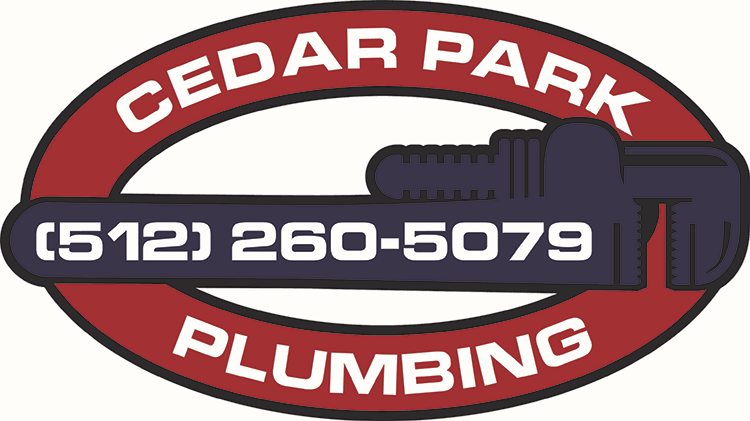As homeowners, we often take our plumbing system for granted until something goes wrong. But have you ever wondered how long your plumbing pipes will actually last? Understanding the life expectancy of your plumbing pipes can help you anticipate when it may be time for replacements or repairs. In this guide, we will explore the average lifespan of different types of plumbing pipes and provide tips on how to extend their longevity.
Types of Plumbing Pipes and Their Lifespan
The life expectancy of plumbing pipes largely depends on the material they are made from. Here are some common types of plumbing pipes and their average lifespans:
- PVC (polyvinyl chloride) pipes typically last around 25-40 years.
- Copper pipes have a longer lifespan of 50-70 years.
- Galvanized steel pipes have an average lifespan of 20-50 years.
- PEX (cross-linked polyethylene) pipes are relatively new but are expected to last around 40-50 years.
Tips for Extending the Lifespan of Your Plumbing Pipes
Proper maintenance and care can also play a significant role in extending the life of your plumbing pipes. Regular inspections, fixing leaks promptly, and avoiding putting excessive strain on the pipes can all help prolong their lifespan. Additionally, ensuring that your water pressure is at a safe level can prevent damage to the pipes over time.
Recognizing Signs of Plumbing Pipe Wear and Tear
In some cases, environmental factors can also impact the longevity of your plumbing pipes. For example, hard water can cause mineral buildup inside the pipes, leading to corrosion and reduced flow over time. If you live in an area with hard water, consider installing a water softener to protect your plumbing system.
The Importance of Plumbing Maintenance
If you suspect that your plumbing pipes are reaching the end of their lifespan or if you are experiencing frequent issues such as leaks or low water pressure, it may be time to consider replacing them. Consulting with a professional plumber can help you assess the condition of your existing pipes and determine the best course of action for repairs or replacements.
Conclusion
Understanding the life expectancy of your plumbing pipes is essential for maintaining a functional and efficient plumbing system in your home. By knowing the average lifespan of different types of plumbing pipes and taking steps to care for them properly, you can ensure that your plumbing system lasts for many years to come. If you have concerns about the condition of your plumbing pipes or if you are experiencing issues with your system, don’t hesitate to reach out to a qualified plumber for assistance. Remember, investing in preventive maintenance now can save you time and money on costly repairs down the road.

